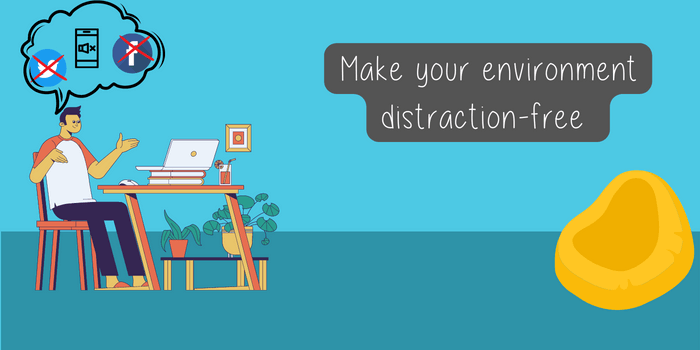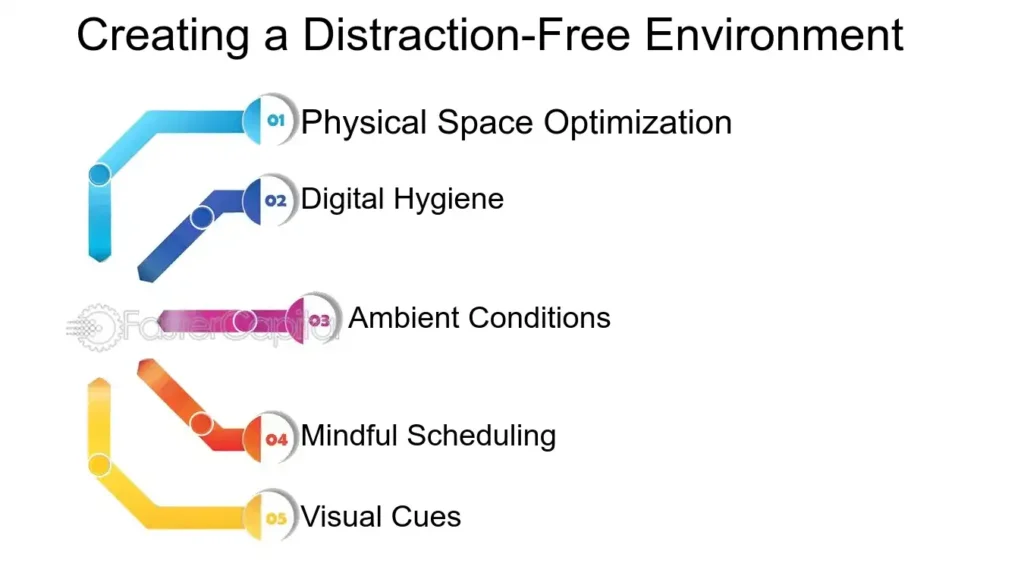Procrastination is a common challenge that many people face. It’s the act of delaying tasks, often despite knowing the negative consequences it will bring. Whether it’s putting off important work, personal goals, or daily chores, procrastination can hinder your success and lead to unnecessary stress. However, overcoming this habit is possible with the right mindset and strategies. This blog explores practical steps to help you stop procrastinating and start taking action toward a more productive and fulfilling life.
Understanding Procrastination
Procrastination is not just about laziness; it’s often rooted in deeper psychological factors. It could be fear of failure, perfectionism, or lack of motivation. Understanding the underlying reasons for your procrastination is the first step toward overcoming it. Once you identify what drives your tendency to delay, you can take steps to address it directly.
The Consequences of Procrastination
The impact of procrastination can be more severe than simply missing a deadline. Over time, it can lead to increased stress, feelings of guilt, and diminished self-esteem. Procrastinating on tasks often leads to a rushed, lower-quality outcome, and can affect your personal relationships and overall well-being. The longer you delay, the harder it becomes to get started, creating a vicious cycle of stress and avoidance.
Steps to Overcome Procrastination
1. Break Tasks into Smaller, Manageable Steps
Large tasks can feel overwhelming and trigger procrastination. Break them down into smaller, more manageable chunks. Focus on one step at a time, and reward yourself for completing each one. This method makes tasks feel more achievable and reduces the mental barriers that lead to procrastination.
2. Set Clear and Achievable Goals
Set specific, measurable goals for yourself. Instead of vague objectives like “get work done,” aim for clear, actionable goals like “write 500 words today” or “finish the report by 3 PM.” By having concrete goals, you create a sense of direction and focus, making it easier to take action.
3. Use Time Management Techniques
Time management methods, like the Pomodoro Technique, can help you stay focused and productive. Work in short bursts (e.g., 25 minutes of focused work followed by a 5-minute break) to maintain momentum. This approach prevents burnout and makes tasks feel less daunting.


Overcoming Common Procrastination Triggers
1. Fear of Failure or Perfectionism
Many people procrastinate because they fear they won’t do a task perfectly. Understand that perfection is often an illusion, and the first step is simply to begin. Embrace progress over perfection, and remind yourself that mistakes are part of the learning process.
2. Lack of Motivation
Procrastination can stem from a lack of interest or motivation in a task. Try to connect the task to a greater purpose or personal goal. Break tasks into smaller, more enjoyable activities. If you’re passionate about the end result, staying motivated becomes easier.
3. Feeling Overwhelmed
When tasks seem too large or complex, it’s easy to put them off. To combat overwhelm, simplify your to-do list. Prioritize tasks based on their importance and deadlines, and focus on completing one task at a time instead of trying to tackle everything at once.
The Power of Self-Compassion
It’s important to be kind to yourself when overcoming procrastination. Beating yourself up for procrastinating can lead to further avoidance. Instead, acknowledge the behavior and make a conscious effort to take action. Self-compassion helps to reduce feelings of guilt and stress, making it easier to move forward and stay on track.
Staying Accountable
Accountability can make a significant difference in your ability to stop procrastinating. Share your goals with someone you trust—whether a friend, family member, or colleague—who can check in on your progress. Having someone to hold you accountable adds a layer of motivation and responsibility, making it more likely that you’ll take action.
Creating a Procrastination-Free Environment
Your environment plays a significant role in how you approach tasks. Eliminate distractions by creating a workspace that promotes focus. This might mean turning off your phone, closing irrelevant browser tabs, or working in a quiet area. The fewer distractions you have, the easier it will be to stay on task and avoid procrastination.


Celebrating Small Wins
As you make progress in overcoming procrastination, take time to celebrate your achievements. Whether it’s completing a task ahead of schedule or sticking to your time management system, acknowledging your success can build momentum and help you stay on track. These small wins reinforce the idea that taking action is rewarding and that you are capable of making progress.
Conclusion: Taking Action Starts Now
Procrastination may feel like an easy escape, but it ultimately leads to stress, missed opportunities, and unfulfilled potential. By understanding why you procrastinate, breaking tasks into manageable steps, and adopting time management strategies, you can overcome this habit and take action. Remember, the key to success lies in consistently moving forward, no matter how small the steps may be. You have the power to stop procrastinating and begin taking meaningful actions toward your goals today
